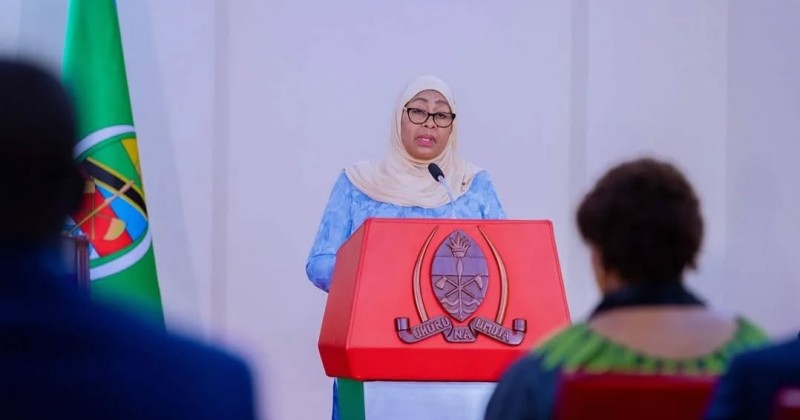Uganda has officially declared an end to its most recent Ebola outbreak, nearly three months after the first cases were identified in the capital, Kampala.
The Ministry of Health made the announcement on 26 April 2025, confirming that 42 days had passed without any new infections—a key benchmark for declaring an outbreak over. Health officials described the development as “good news” and a testament to the country’s rapid response.
According to the World Health Organization (WHO), the outbreak resulted in 14 cases—12 confirmed and two classified as probable. Four deaths were recorded, including two probable cases. Ten individuals recovered.
WHO Director-General Dr. Tedros Adhanom Ghebreyesus praised Uganda's efforts, posting on X: “Congratulations to the government and health workers of #Uganda on ending the #Ebola outbreak,” and commending the country’s “leadership and commitment.”
The outbreak, traced to the Sudan strain of the virus, was first detected on 30 January 2025, when a male nurse contracted the virus and later died. The Sudan strain currently has no approved vaccine. This marks Uganda’s ninth Ebola outbreak since the first was recorded in 2000.
Ebola outbreaks are not uncommon in Uganda, whose tropical forests are natural reservoirs for the virus. The latest cases emerged in Kampala—a major transport hub connecting eastern Democratic Republic of the Congo (DRC), Kenya, Rwanda, and South Sudan. Health experts attribute Uganda’s relatively swift containment of the outbreak to its long-standing experience in handling such epidemics.
The DRC, another East African Community (EAC) member state, has experienced over a dozen Ebola outbreaks, including a major one from 2018 to 2020 that claimed nearly 2,300 lives. Uganda’s geographic proximity continue to pose a risk for cross-border transmission.
Ebola spreads through direct contact with bodily fluids of infected individuals and can cause symptoms including severe headache, muscle pain, vomiting blood, and internal bleeding.
WHO chief commends Uganda for end of Ebola
https://www.youtube.com/watch?v=tQVCvnJ3bVU
Uganda triumphs over Ebola: A story of resilience, partnership and vigilance
Africa CDC Commends Uganda’s Leadership in Ending Eighth Ebola Outbreak

